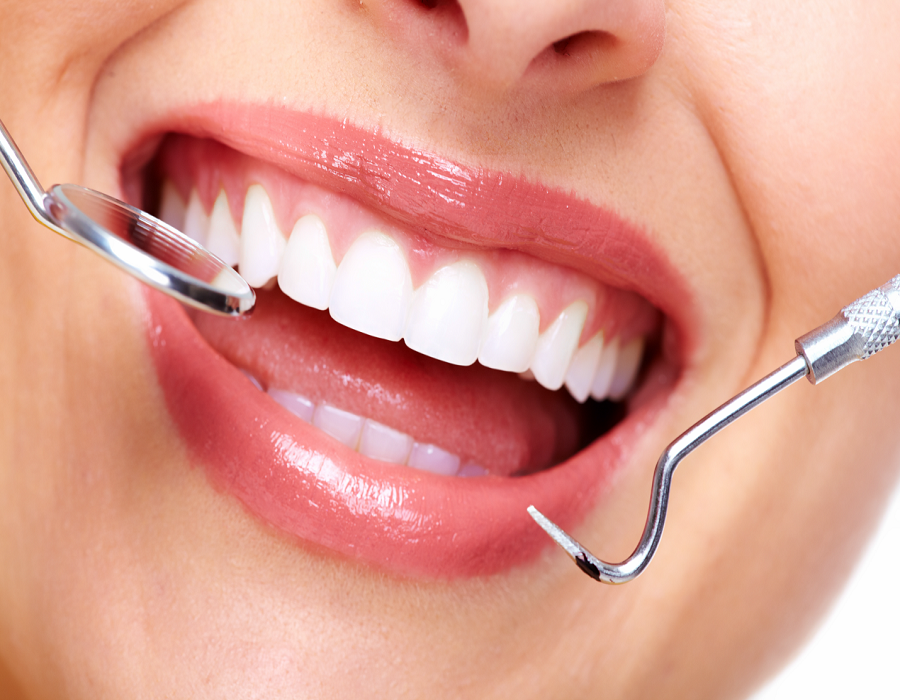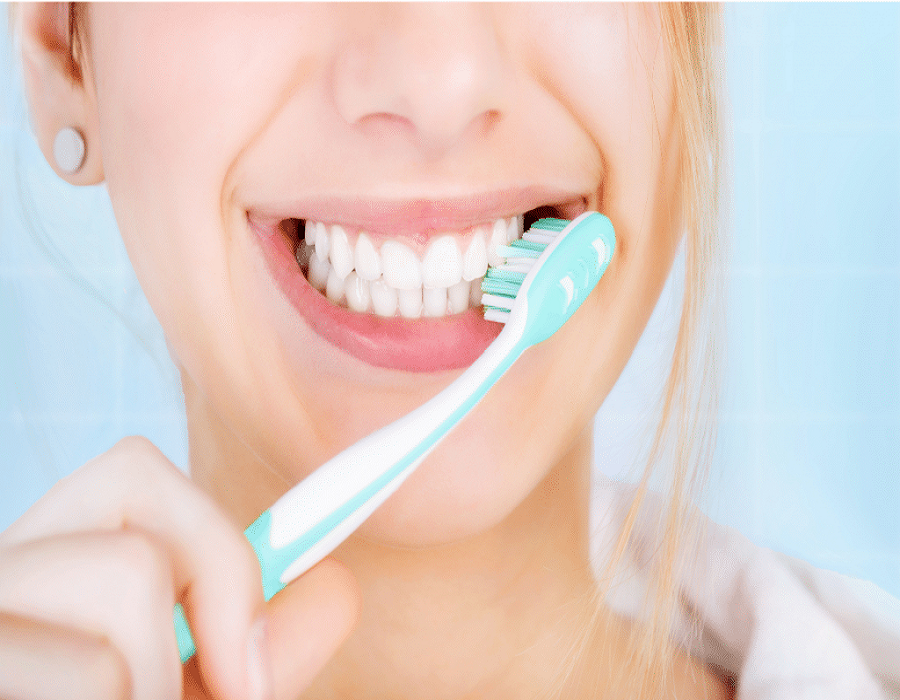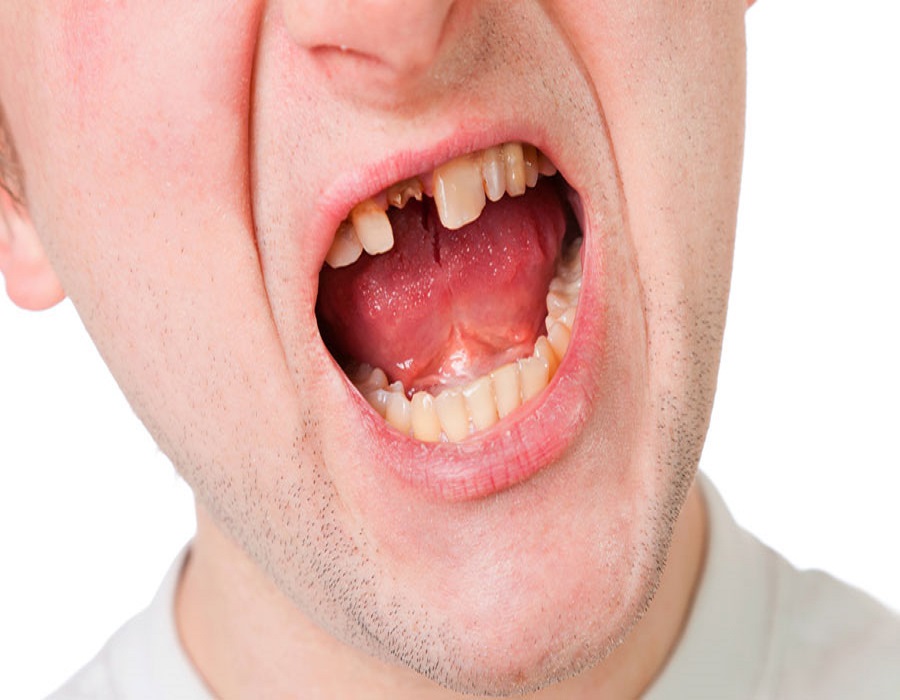For an adult, the fact that a permanent tooth is loose or damaged is also the time to need the intervention of a dentist. If you don’t address this problem early on, your tooth may eventually fall out. Learn what are treatment options for loose tooth and provide information on possible causes and how to prevent them with Ava Dental Clinic.
Causes of loose tooth
The phenomenon of adults getting loose tooth is caused by a multitude of reasons. While some reasons are harmless and can ultimately be reversed by renewed vigor when it comes to brushing your teeth, gargling mouthwash, and flossing regularly, there are certain loose tooth diseases or conditions that require dentist intervention in order to save the tooth.
Otherwise, you’ll have to get that tooth extracted and replaced with either a bridge or a dental implant. With that in mind, here are some crucial factors that typically cause adults to have loose tooth:
1. Gum disease
Gum disease, also known as periodontitis, is more than just gingivitis or mild gum disease and is the leading cause of loose tooth. Gum disease can be caused by poor oral hygiene habits. When brushing and flossing don’t remove plaque, gum disease can develop. Plaque contains bacteria, it sticks to the teeth and hardens over time. This causes the gums to be pulled away from the teeth, creating gaps that can become infected. Over time, this process can break down the bone and tissue that support the tooth, causing the loose tooth.

Signs of gum disease include the following symptoms:
– Red gums
– Recession of gums
– Receding gums
– Gums bleed when brushing teeth
– Changes in the way the teeth fit together
– Pain and swelling of the gums
2. Pregnancy
Increased levels of progesterone and estrogen during pregnancy can affect the bones and tissues in the mouth. The gums will be more sensitive, and susceptible to damage and infection, which can cause loose tooth. These body changes will go away on their own after pregnancy. However, if you have pain or wobble during pregnancy, see your dentist to rule out gum disease and other oral health problems. Because of the potential link between gum disease and premature birth, pregnant women are encouraged to see their dentist regularly.
3. Trauma and Injuries
Teeth are healthy, but an impact from a blow to the face, a car accident or a sports accident can loosen those periodontal ligaments and remove permanent teeth from their sockets. The result can be chipped or loose tooth. If the injury is severe and your tooth is loose, you should visit your dentist as soon as possible to perform emergency treatment, making sure your teeth and dental tissue remain stable.

4. Bruxism
Bruxism is also known as teeth grinding is when your jaws accidentally squeeze together, leading to damage to the enamel and crown of your teeth. Increased grinding pressure on teeth can lead to the loosening and damaging of adjacent supporting tooth tissues. Wearing a night guard before bed to control symptoms of teeth grinding.
Bruxism can have many different causes, including:
– Stress (this is the most common cause)
– Sleep disorders
– Misaligned teeth
– Use of antidepressants
– Smoking
– Drink alcohol
– Using stimulants
– Headache
– Ear pain or tinnitus
– Tightness and muscle pain around the jaw
– Pain around the neck and shoulders
– Bleeding gums
5. Osteoporosis
Osteoporosis is a disease that causes your bones to become porous or have many holes, making them more likely to break. Therefore, even small bumps can lead to fractures.
Although osteoporosis usually affects the spine, hips, and wrists, it can also harm the bones in your jaw, which hold teeth in place through the socket. If the bone density of your jaws has decreased significantly, the support of loose tooth increases.
Treatments for a loose tooth
Regardless of the reason for your loose tooth, you should contact the dentist for advice or schedule an appointment to talk about the best dental treatment for your problem. The most important thing is to stop the progression of periodontal disease before it further damages gum tissue and jawbone.

Loose tooth issues can be treated in a variety of ways, such as:
1. Non-surgical treatments
If you visit your dentist early and find the cause of periodontitis, non-surgical treatment can reverse the spread of gum disease, allowing your gums to heal naturally. These treatments include:
– Mouthwash and medicine: One method to deal with loose tooth caused by periodontal disease is to rinse your mouth with an antibacterial mouthwash and take some antibiotics. These medications can help infected gums heal and fight bacteria in the mouth.
– Scaling: This is a type of procedure used to remove tartar that has accumulated on the surface of the teeth and under the gums. Root planing is to smooth the surface of the tooth root, helping the gums and teeth to stick together tightly.
After these treatments, your gums will likely heal completely in the future. However, if your loose tooth becomes more severe, you will need surgery to restore your smile.
2. Surgical treatments
For cases where your teeth are loose due to advanced periodontitis, trauma or bruxism, you will need surgery. Surgery for periodontitis includes:
– Surgery: You can surgically remove damaged or inflamed bone and gum tissue. Then, wait for the body to regenerate all the lost bone and gums on its own. In addition, you may need bone grafts and gum grafts from outside materials.
– Flap surgery: The dentist can make an incision in your gums, giving them easier access to the rotten teeth of the diseased tooth, from which to plan and scrape the tartar. The gums will then be reattached to their original position after a deep cleaning.
– Bone grafting: When the jaw bone is lacking, the dentist can use the bone grafting method to thicken the bone. It involves surgically grafting bone fragments from part of your body to your jawbone, from a donor or from an animal bone (cow, pig, or coral).
– Soft tissue graft: Also known as a gum graft, it works like a bone graft. Tissue from another part of your mouth (or from a donor) is inserted into areas where the gums are lacking to aid healing after scaling and reduce gum recession.
– Splint: If your loose tooth hasn’t separated from your gum yet, you can put a splint in it to hold it in place. The dentist will use a piece of metal to bond two adjacent teeth, support and strengthen the loose tooth, then keep it from moving around and falling out.
– Bite adjustment: You can reshape the bite of your mouth and jaw by removing or abrading a small amount of enamel. This will relieve pressure on the loose tooth and allow its supporting ligaments to heal.
This is also an option for those who grind their teeth. Wearing a mouth guard or night guard before bed is a good choice to prevent teeth from grinding while you sleep. The guard acts as a barrier between the lower and upper teeth. Mouthguards can also be used to protect teeth from sports injuries or vehicle injuries.
– If a loose tooth falls out, the dentist may recommend a dental bridge or dental implant.
A dental bridge is a type of crown that is placed over two adjacent teeth of a missing tooth, creating a bridge between two healthy teeth, which is connected by a prosthetic or denture into the place of the missing tooth.
A dental implant consists of an artificial root and root, which are connected to the jawbone.
Although these above options are effective, it is essential to treat the underlying cause of tooth loss and take any other steps necessary to prevent further damage.
>>>>> Read more: What are the best foods for dental health?
Preventions for a loose tooth
Prevention is essential to ensure you have better gum health and your teeth are firmly supported. Some tips for tooth and gum health include:

– Brush your teeth at least twice a day
– Floss once a day
– Use mouthwash 30 minutes after brushing your teeth.
– Wear a bite brace to prevent bruxism while sleeping
– Wear custom mouthguards when playing sports like boxing, soccer
– Regularly visit the dentist to check and clean your teeth
– Take health supplements prescribed by your doctors such as minerals and vitamin D to help prevent osteoporosis.
– Limit or quit smoking
Take extra care of your teeth to always have a bright smile. It is important to treat your loose tooth immediately, as they are a sign of periodontal disease.
Contact AVA Beauty Dental Clinic to learn more about how to treat and prevent loose tooth.
Fill out your personal information in the enquire online form or call the hotline to schedule an appointment with our dentist.
Hotline: 0868.134.138 – 0346.134.138
>>>>> View more: Ava Dental Clinic Fanpage



